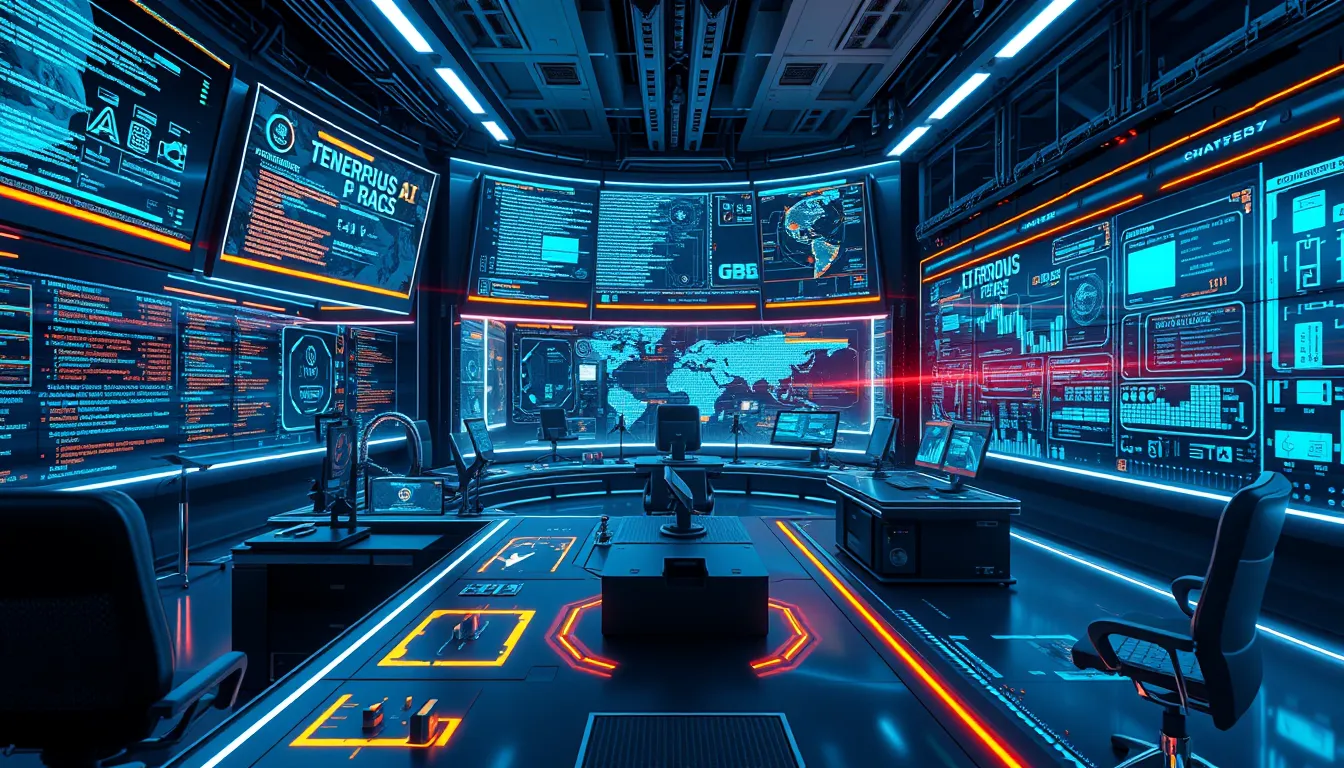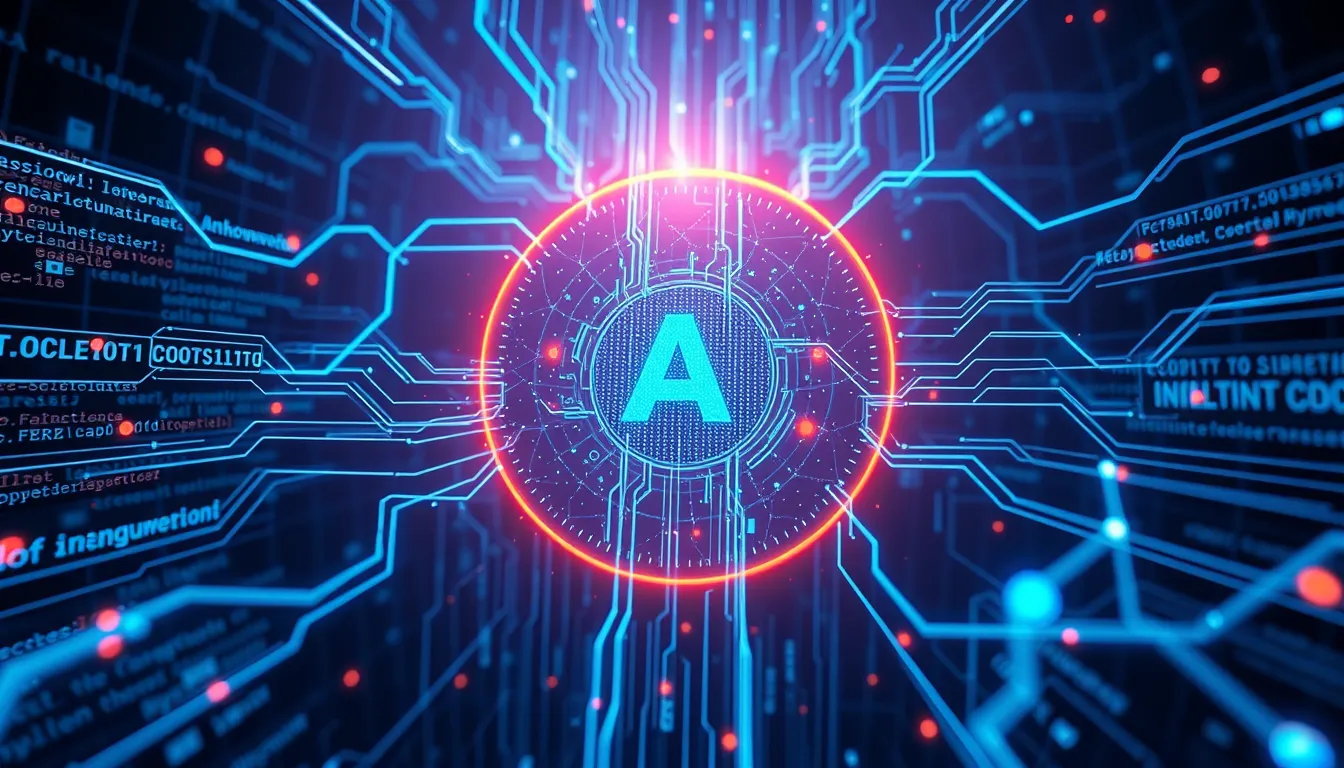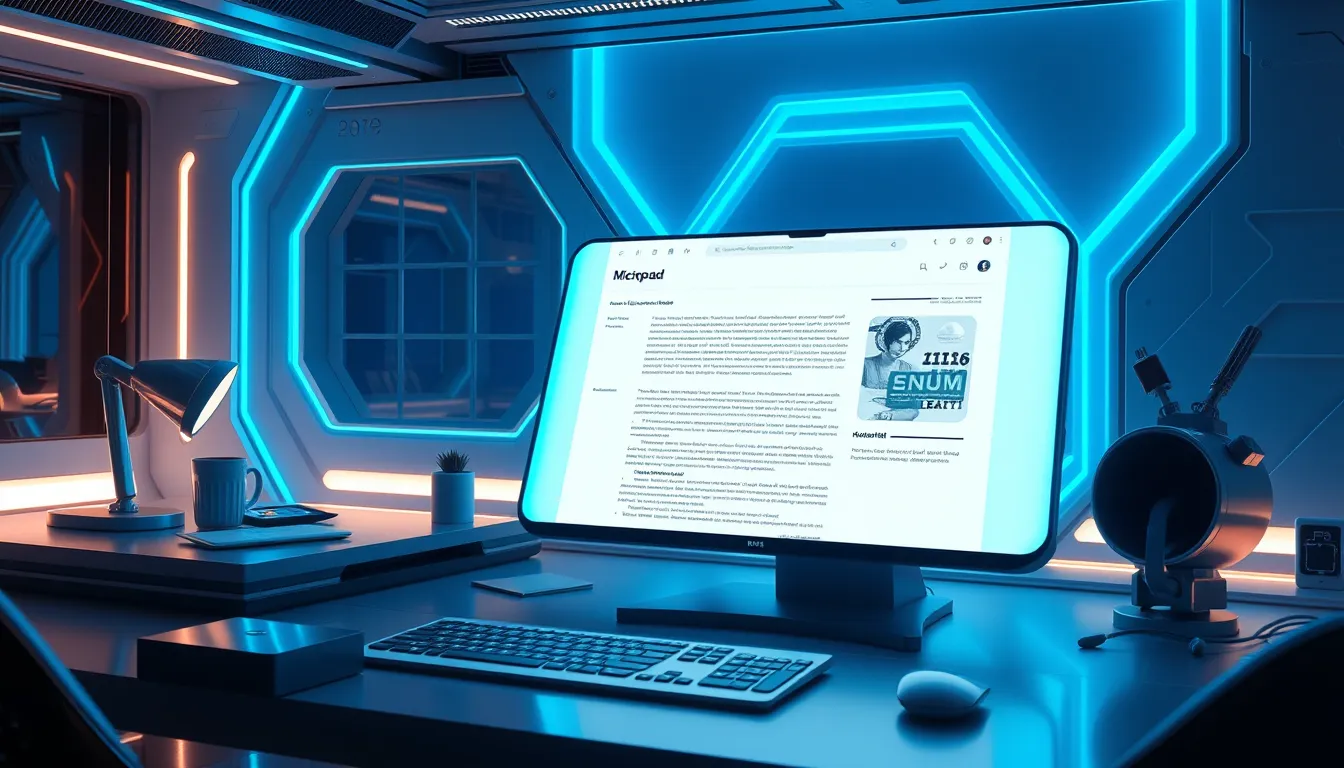Now Reading: Anthropic Claude Opus 4: A Continuous Coding AI Marvel
-
01
Anthropic Claude Opus 4: A Continuous Coding AI Marvel
Anthropic Claude Opus 4: A Continuous Coding AI Marvel

Anthropic Claude Opus 4: A Continuous Coding AI Marvel
Anthropic has once again pushed the envelope in the field of artificial intelligence. The introduction of Claude Opus 4, a breakthrough model capable of non-stop coding for extended periods, marks a revolutionary moment in software development and enterprise AI integration. With its record SWE-Bench score and continuous coding prowess, this model is set to transform industry standards and drive innovation across multiple technological sectors.
The Breakthrough of Continuous Coding AI
One of the most striking features of Anthropic Claude Opus 4 is its ability to perform continuous coding tasks without interruption. This continuous coding AI approach provides several key benefits:
- Enhanced Productivity: With uninterrupted coding sessions, the model reduces downtime and accelerates software development cycles.
- Improved Code Quality: Continuous performance allows for better error detection and refined code optimization over longer periods.
- Lower Operational Costs: Enterprises benefit from reduced manual intervention, resulting in lower expenses while maintaining high efficiency.
These advantages illustrate how Anthropic Claude Opus 4 continuous coding AI is more than just an incremental upgrade—it is a paradigm shift in how software is developed and maintained.
Record SWE-Bench Score: A New Standard
The record-breaking SWE-Bench score achieved by Claude Opus 4 is not merely a number; it is a clear indicator of the model’s robust performance in simulated real-world coding environments. The SWE-Bench test evaluates diverse tasks that reflect the complex challenges of everyday software development, including integration, performance optimization, and error detection. Achieving a record score in this intense benchmark signals that Anthropic has set a new standard in continuous coding performance in AI development.
For those who follow AI progress closely, this achievement is comparable to milestones reached by notable industry leaders. While competitors like OpenAI have set impressive records in various domains, Anthropic’s latest offering demonstrates that continuous coding AI can push the boundaries of what is possible.
How Anthropic’s Claude Opus 4 Transforms Enterprise Coding
The transformation brought by Anthropic’s new model is most evident in its impact on enterprise-level coding. Here are some ways in which this model is revolutionizing the field:
- Seamless Integration: Claude Opus 4 is engineered to integrate smoothly with existing enterprise software systems, ensuring that businesses can ramp up their coding operations without significant overhauls.
- Automated Workflows: The continuous coding capability supports the creation of automated pipelines, reducing the need for manual intervention in repetitive coding tasks.
- Enhanced Scalability: The model’s ability to code continuously for long periods means that scaling software systems to meet increased demand becomes more feasible and cost-effective.
- Real-World Impact: By addressing practical challenges in enterprise coding, Anthropic Claude Opus 4 continuous coding AI paves the way for more resilient and innovative tech infrastructures.
The Software Development Revolution
Anthropic Claude Opus 4 continuous coding AI is setting the stage for the next wave of software development innovation. Its advanced capabilities allow it to adapt and evolve in real-time, an essential feature in today’s fast-paced tech environments. As enterprises leverage this technology, developers can expect:
- Streamlined Coding Processes: Reduced cycle times and fewer bottlenecks in software deployment.
- Boosted Innovation: With continuous learning and adaptation, the AI model can inspire new approaches to problem-solving.
- Improved Collaboration: The seamless interplay between automated systems and human ingenuity can redefine collaborative efforts in technology development.
These benefits contribute to a larger trend toward automating complex coding tasks, which is gaining momentum as industries demand more efficient and reliable AI solutions. The pioneering work done by Anthropic is a clear signal that the future of enterprise coding lies in harnessing the full potential of sustained, uninterrupted AI performance.
Future Implications and Industry Perspectives
Looking forward, the innovations embedded in Anthropic Claude Opus 4 have far-reaching implications. As enterprise AI integration continues to evolve, this model stands at the forefront, offering scalable and efficient solutions for diverse sectors such as finance, healthcare, manufacturing, and logistics.
- Accelerated Innovation Cycles
- Reduced Development Costs
- Increased Operational Resilience
The continuous coding performance in AI development displayed by Claude Opus 4 is a testament to years of rigorous research, development, and optimization of machine learning algorithms. As companies increasingly depend on such systems for mission-critical tasks, the guidelines for operational excellence are being rewritten.
Conclusion
In summary, Anthropic Claude Opus 4 continuous coding AI represents a significant leap forward in the realm of artificial intelligence and software engineering. Its ability to maintain extended coding sessions, combined with a record SWE-Bench score, underscores its transformative role in enterprise coding. This new model not only challenges the status quo established by competitors like OpenAI but also opens new horizons for the integration of automated coding systems across industries.
The innovations offered by Anthropic herald a future where continuous coding is the norm rather than the exception, leading to more efficient, reliable, and innovative software development. As enterprises begin to realize the potential of this breakthrough, the landscape of technology will undoubtedly witness profound, lasting changes.
For more information on Anthropic and its innovative AI models, visit Anthropic’s official website.

























